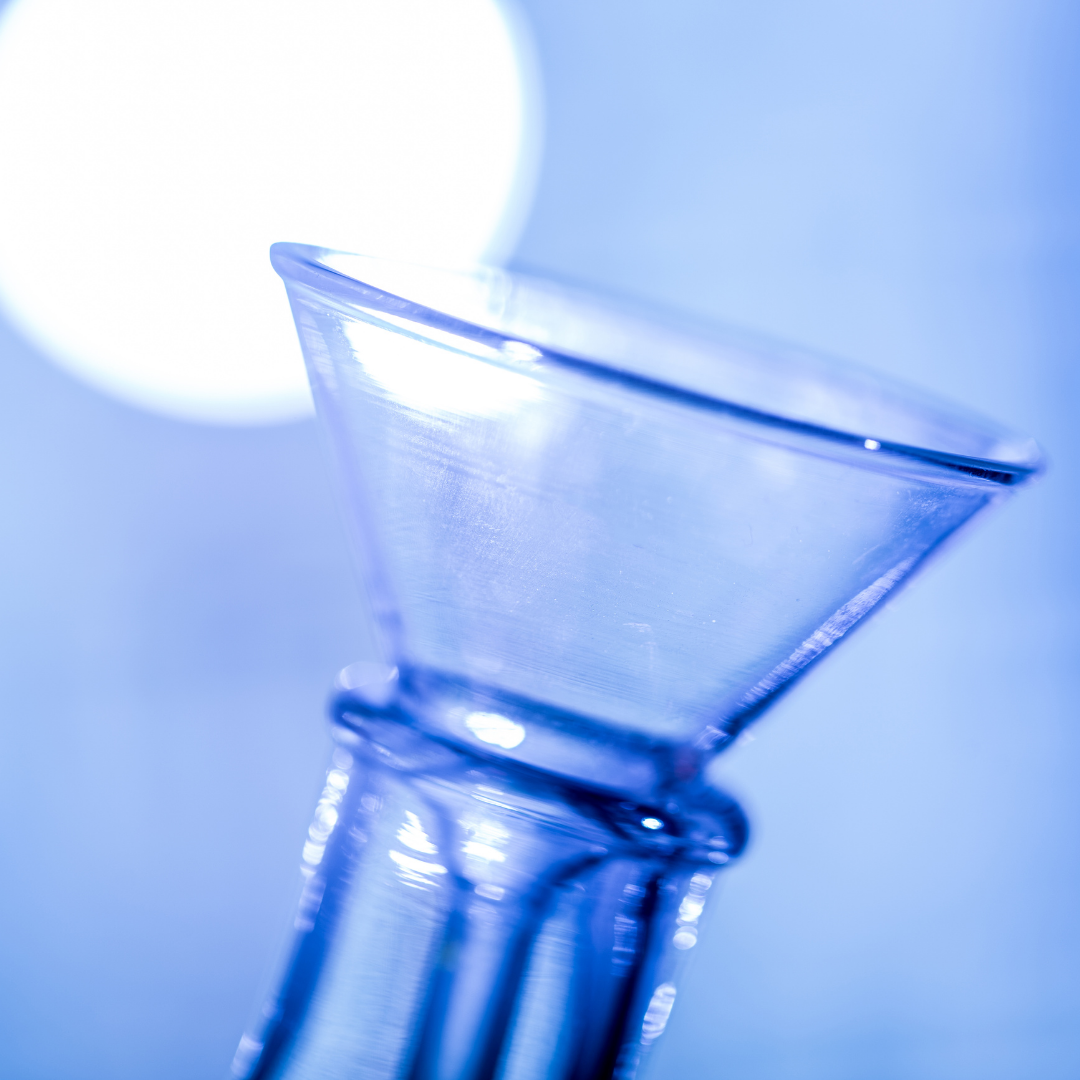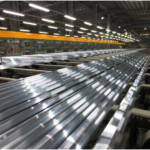While it is very strong and commonly used, some might still ask if borosilicate glass is safe.
According to Thomas Net:
“Borosilicate glass is a type of glass whose main components are silica and boron trioxide. It is known for being durable and very heat resistant. It doesn’t crack under extreme temperature changes unlike many other kinds of glass, which makes it the material of choice for a wide range of applications, from cookware to laboratory use.
“Before 1980, borosilicate glass was the type of glass used by most manufacturers for sturdy cookware. Pyrex, a popular brand of dishware, was made of borosilicate glass from 1915 to the 1980s, until its manufacturer, Corning Glass Works, switched to using soda-lime glass. This is not because borosilicate is toxic or unsafe, but most likely because it is much more expensive to manufacture than other types of glass. Many other kitchenware companies in the US also made the switch to the less temperature-resistant soda-lime glass, but in Europe, borosilicate glass is still commonly used for cookware. In fact, borosilicate glass is perfectly safe to use in both kitchen and laboratory applications.
“Creating borosilicate glass requires much higher temperatures than those necessary for the production of regular glass. This makes it more difficult to manufacture, and uses more energy, making it more expensive. This is perhaps why some companies have moved away from using borosilicate glass for kitchenware and are instead using tempered soda-lime glass, which is cheaper to manufacture. However, it is still often used for scientific and medical laboratories that are willing to go with the more expensive material because it offers excellent chemical resistance in addition to its other useful qualities. Everything from test tubes, rods, and beakers to graduated cylinders, pipettes, and stopper attachments are produced from borosilicate and used in laboratories around the world.
“Borosilicate glass was first created in the late 19th century. The composition is typically 80% silica, around 13% boric oxide, 4% sodium oxide, and 2 to 3% aluminum oxide. The main distinction of borosilicate glass from traditional glass is the substitution of boron oxide for soda and lime in the manufacturing process. Borosilicate glass must contain at least five percent boron oxide, which helps bind the silicate and aluminum oxide and sodium oxide.
“It has a very low coefficient of thermal expansion, making it resistant to thermal shock. Thermal shock is what occurs when the temperature changing causes different parts of a substance to expand at different rates. The resulting stress can cause the substance to crack. Borosilicate glass’s resistance to thermal shock means that temperature changes do not cause as much stress to the glass, so a hot borosilicate dish can be taken out of the oven and set on a cool counter without shattering.
“Borosilicate glass is also lead and BPA-free, making it perfectly safe for use as drinking glasses. True borosilicate glass is actually safer than tempered soda-lime glass, which is what many companies currently use to make kitchenware.”






